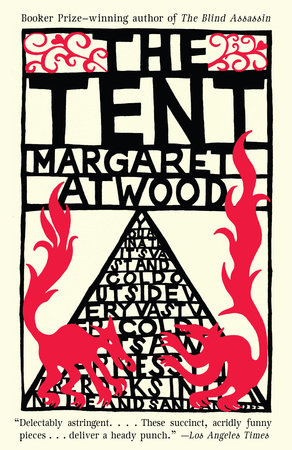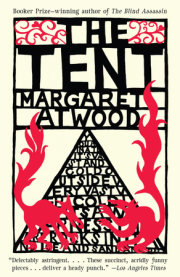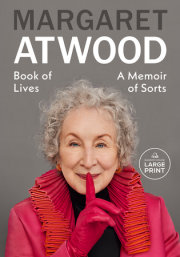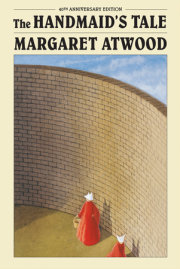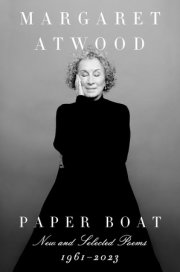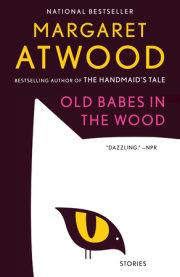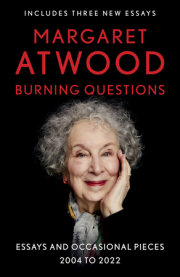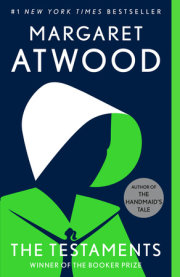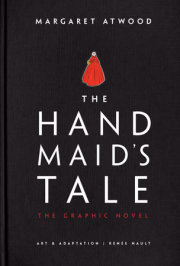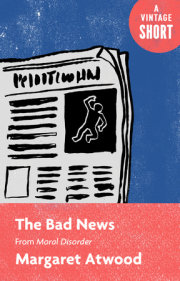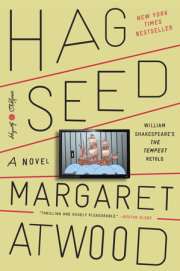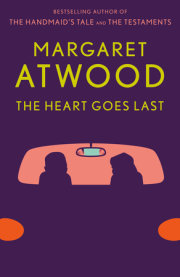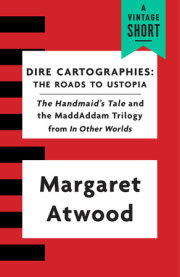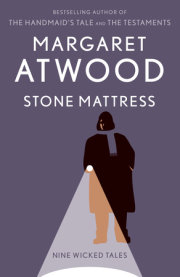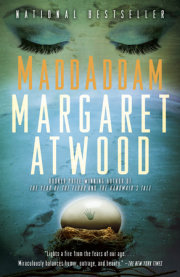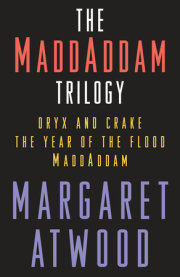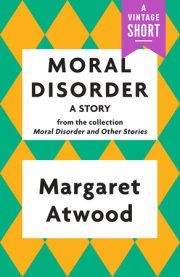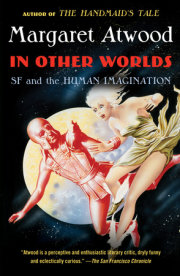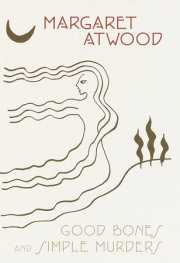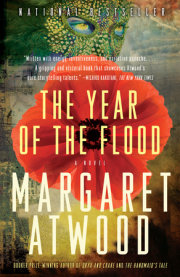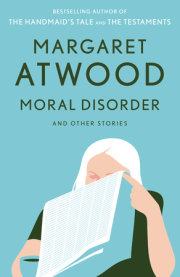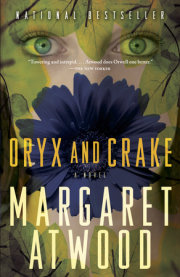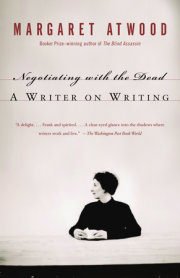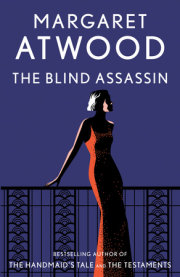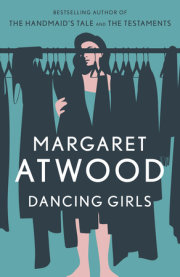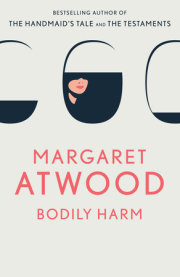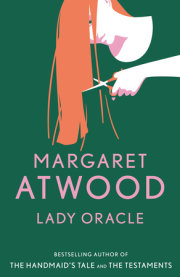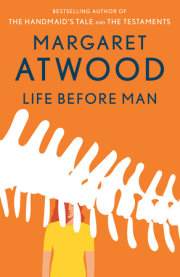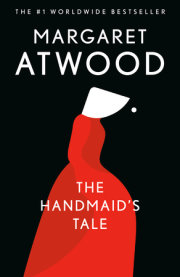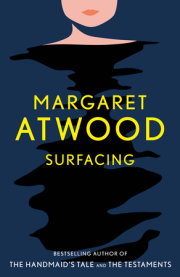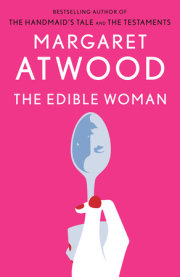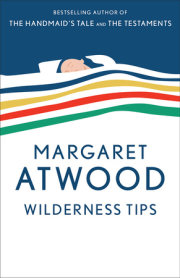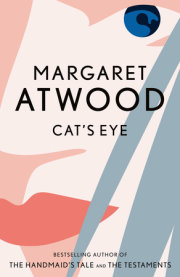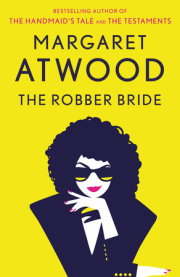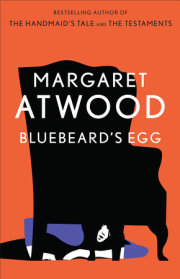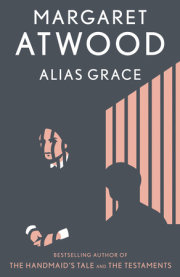Life Stories
Why the hunger for these? If it is a hunger. Maybe it’s more like bossiness. Maybe we just want to be in charge, of the life, no matter who lived it.
It helps if there are photos. No more choices for the people in them — pick this one, dump that one. The livers of the lives in question had their chances, most of which they blew. They should have spotted the photographer in the bushes, they shouldn’t have chewed with their mouths open, they shouldn’t have worn the strapless top, they shouldn’t have yawned, they shouldn’t have laughed: so unattractive, the candid denture.
So that’s what she looked like, we say, connecting the snapshot to the year of the torrid affair.
Face like a half-eaten pizza, and is that him, gaping down her front? What did he see in her, besides cheap lunch? He was already going bald. What was all the fuss about?I’m working on my own life story. I don’t mean I’m putting it together; no, I’m taking it apart. It’s mostly a question of editing. If you’d wanted the narrative line you should have asked earlier, when I still knew everything and was more than willing to tell. That was before I discovered the virtues of scissors, the virtues of matches.
I was born, I would have begun, once. But snip, snip, away go mother and father, white ribbons of paper blown by the wind, with grandparents tossed out for good measure.
I spent my childhood. Enough of that as well. Goodbye dirty little dresses, goodbye scuffed shoes that caused me such anguish, goodbye well-thumbed tears and scabby knees, and sadness worn at the edges.
Adolescence can be discarded too, with its salty tanned skin, its fecklessness and bad romance and leakages of seasonal blood. What was it like to breathe so heavily, as if drugged, while rubbing up against strange leather coats in alleyways? I can’t remember.
Once you get started it’s fun. So much free space opens up. Rip, crumple, up in flames, out the window.
I was born, I grew up, I studied, I loved, I married, I procreated,
I said, I wrote, all gone now.
I went, I saw, I did. Farewell crumbling turrets of historic interest, farewell icebergs and war monuments, all those young stone men with eyes upturned, and risky voyages teeming with germs, and dubious hotels, and doorways opening both in and out. Farewell friends and lovers, you’ve slipped from view, erased, defaced: I know you once had hairdos and told jokes, but I can’t recall them. Into the ground with you, my tender fur-brained cats and dogs, and horses and mice as well: I adored you, dozens of you, but what were your names?
I’m getting somewhere now, I’m feeling lighter. I’m coming unstuck from scrapbooks, from albums, from diaries and journals, from space, from time. Only a paragraph left, only a sentence or two, only a whisper.
I was born.
I was.
I.
Copyright © 2006 by Margaret Atwood. All rights reserved. No part of this excerpt may be reproduced or reprinted without permission in writing from the publisher.

